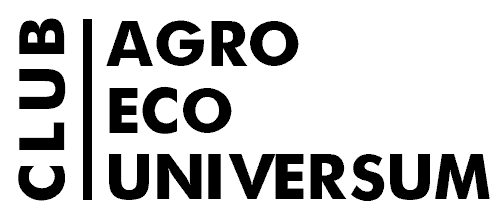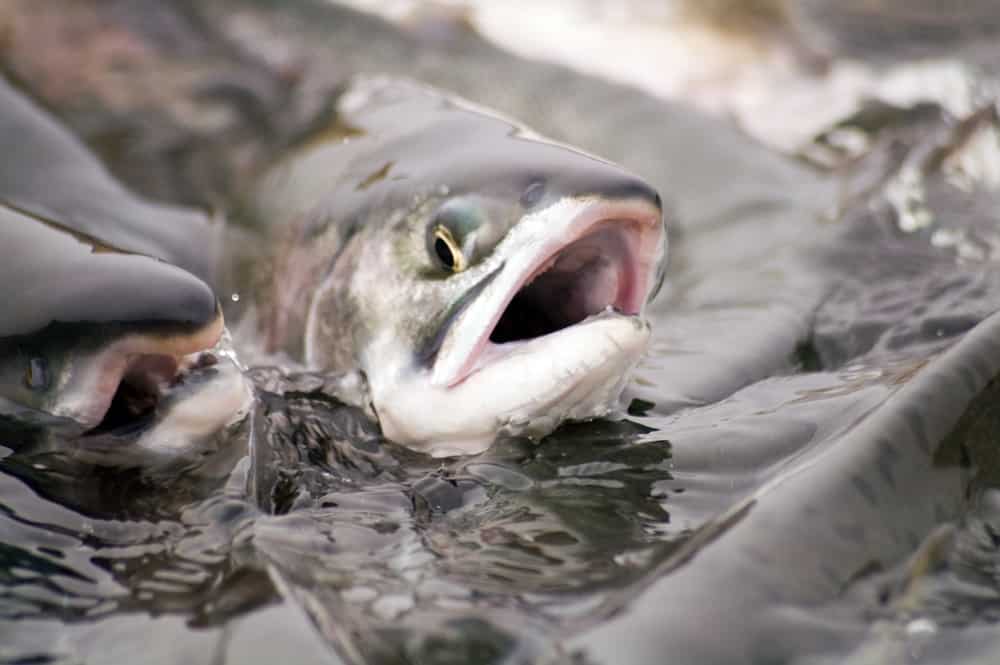Even though treated wastewater is commonly used in aquaculture worldwide, there has been almost no scientific research about micropollutants in such water and if they are at safe levels. A team of scientists at Ben-Gurion University of the Negev in Israel conducted such a research and proved that organic micropollutants (OMPs) such as elements of heavy metals, meds, pesticides, personal care products etc. result in minimal accumulation in fish.
In general, OMVs can be harmful for fish since they ignite mutations, feminization of male fish and other. Tertiary wastewater treatment (TTWW) is the third and final stage of the cleaning process that improves wastewater quality before it is reused, recycled or discharged to the environment. The treatment removes remaining inorganic compounds and substances, such as the nitrogen and phosphorus, but not the organic compounds.
In the laboratory study, the scientists tested accumulation of OMVs in fish put in 0%, 50% and 100% TTWW for five months. They found that TTWW can be successfully used for aquaculture since the traces of the micropollutants were minimal. Researches, however, point out that further investigation is needed in order to learn how different species of fish accumulate OMVs.
It is well-known among scientists that constructed wetland is the most effective means of second and tertiary wastewater treatment, which successfully eliminates drugs and their derivatives. Learn more…
Source: phys.org

